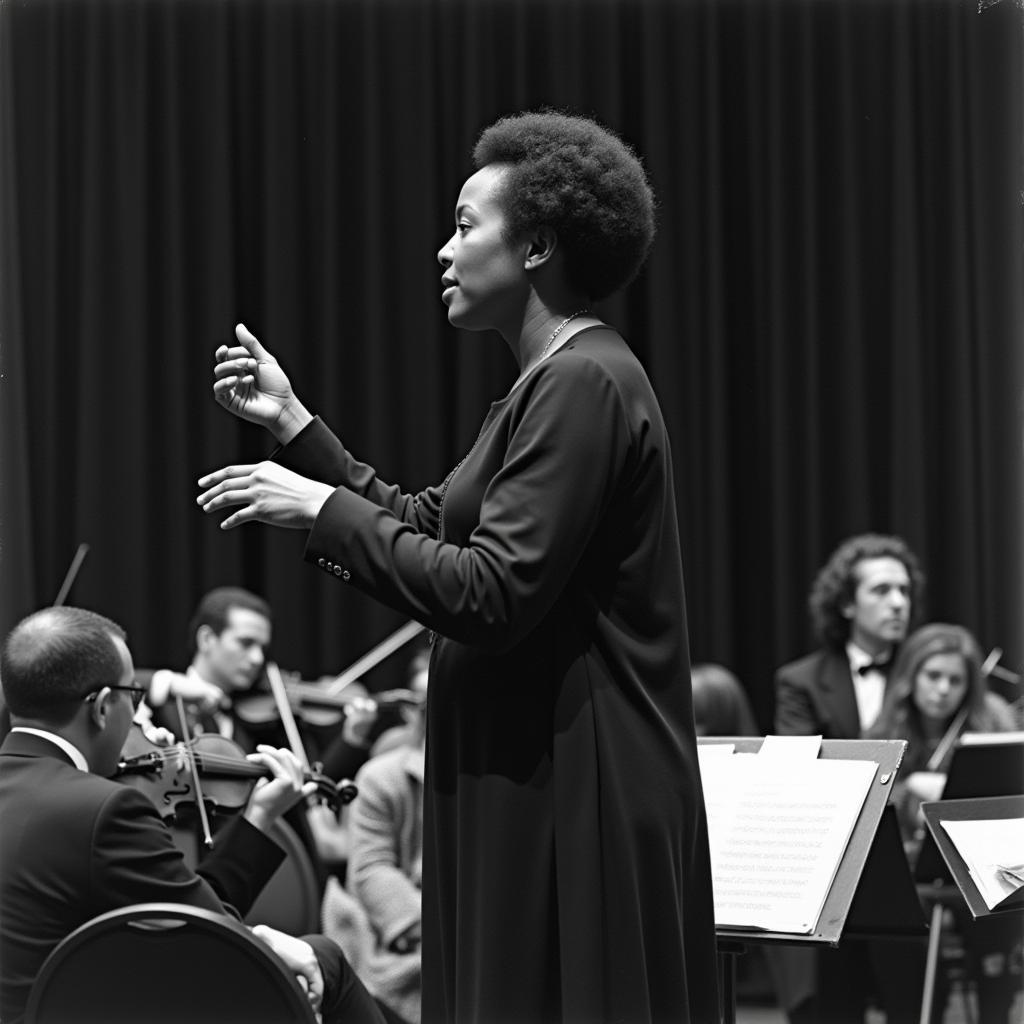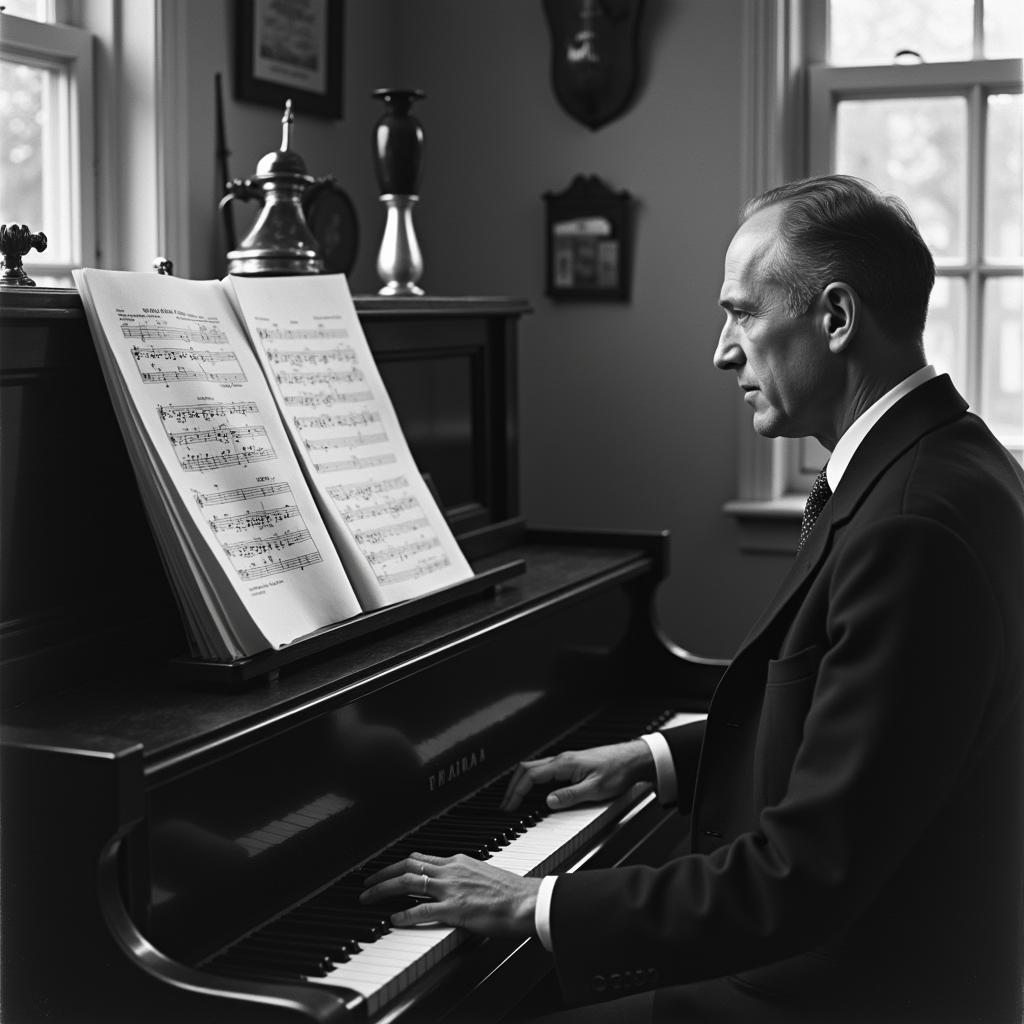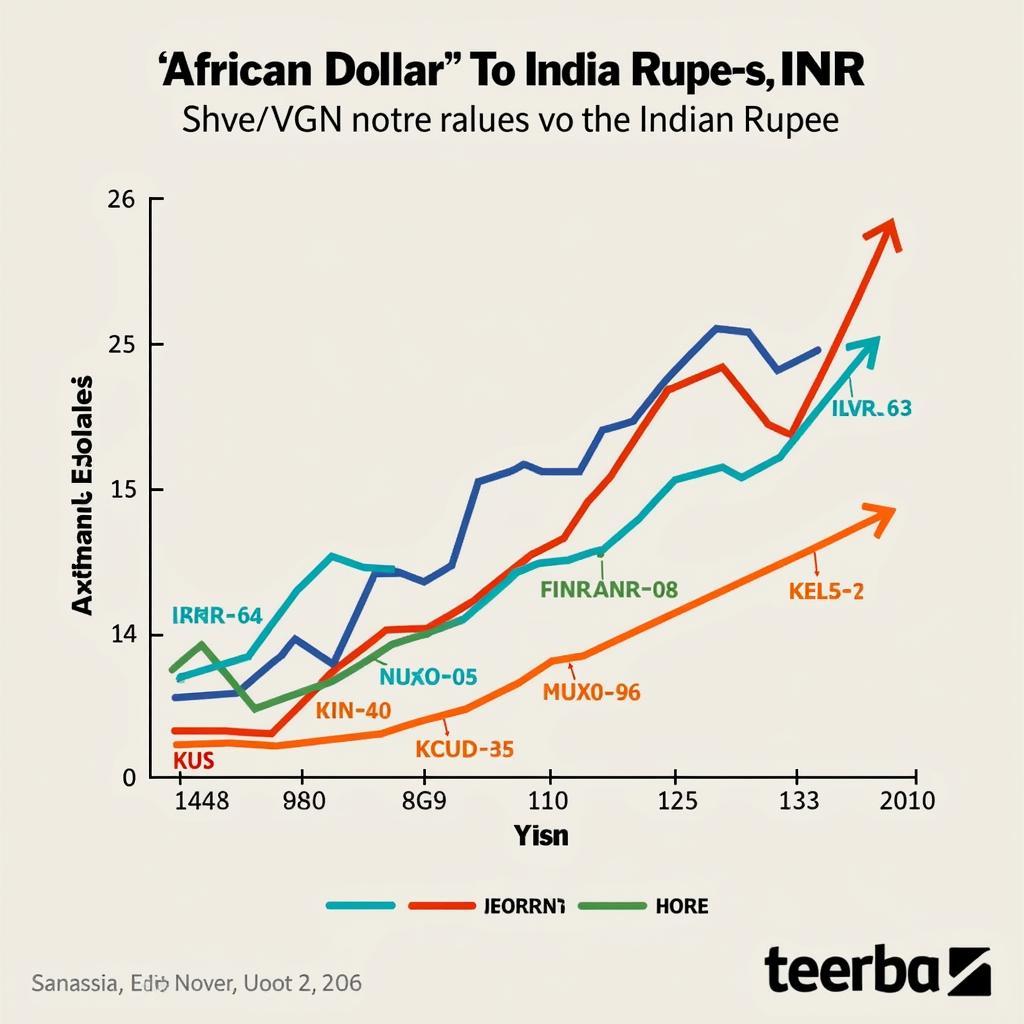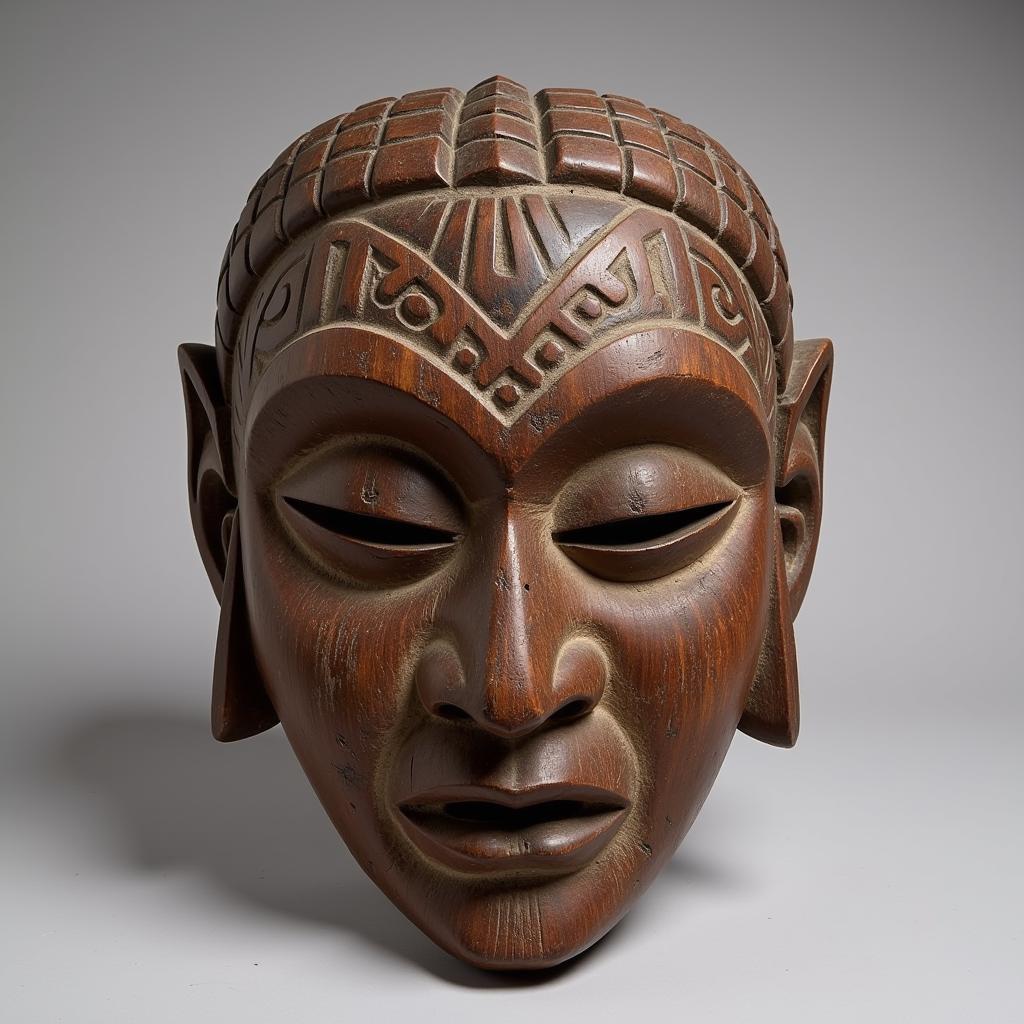Exploring the Rich Legacy of African American Classical Music Composers
African American Classical Music Composers have made significant contributions to the world of music, often overcoming immense societal barriers to share their unique artistic visions. This article delves into their inspiring stories, groundbreaking achievements, and lasting impact on the classical music landscape.
From spirituals to symphonies, African American composers have woven their cultural heritage and personal experiences into their works, creating a rich tapestry of musical expression. Their influence can be traced through generations, inspiring countless musicians and enriching the global musical vocabulary. This exploration will highlight some of the most prominent figures, their struggles, and their triumphs.
The Pioneers of African American Classical Music
The early 20th century witnessed the rise of several pioneering African American composers who defied racial prejudice and carved a space for themselves in the predominantly white classical music world. Figures like Florence Price and William Grant Still broke down barriers, paving the way for future generations. Their music often incorporated elements of African American folk traditions, creating a unique blend of classical structure and cultural expression.
 Florence Price conducting an orchestra
Florence Price conducting an orchestra
Florence Price: Breaking Barriers and Making History
Florence Price achieved a monumental milestone in 1933 when her Symphony in E minor was premiered by the Chicago Symphony Orchestra, making her the first African American woman to have a symphony performed by a major American orchestra. Her music, infused with the spirit of spirituals and other African American musical traditions, resonated with audiences and critics alike.
William Grant Still: The “Dean of Afro-American Composers”
Known as the “Dean of Afro-American Composers,” William Grant Still’s Afro-American Symphony (1930) was a landmark achievement, blending blues and spirituals with traditional symphonic form. His prolific output included operas, ballets, and film scores, showcasing the versatility and depth of his musical talent. He championed the incorporation of African American musical idioms into classical forms, creating a distinctly American sound. You might also be interested in learning more about african choir songs.
Mid-20th Century and Beyond: Expanding the Musical Landscape
Following the trailblazing work of Price and Still, a new wave of African American composers emerged in the mid-20th century and beyond, further diversifying the classical music landscape. Composers like Ulysses Kay and George Walker continued to push boundaries, experimenting with new forms and styles while staying true to their cultural roots.
 Ulysses Kay composing music
Ulysses Kay composing music
Ulysses Kay: A Voice of Modernism
Ulysses Kay’s compositions reflected the influence of various musical styles, including jazz and serialism. His orchestral works, chamber music, and operas earned him critical acclaim and solidified his place as a significant voice in 20th-century American music. He explored themes of social justice and cultural identity in his works, adding another layer of meaning to his musical contributions. For those interested in exploring other genres, check out african american instrumental music.
George Walker: Pulitzer Prize Winner
George Walker made history in 1996 as the first African American composer to win the Pulitzer Prize for Music for his work “Lilacs.” His compositions, often characterized by complex rhythms and dissonances, challenged traditional notions of classical music and showcased his mastery of musical form.
“Music is a universal language, and African American composers have enriched that language with their unique perspectives and experiences,” says Dr. Aisha Kenyatta, a renowned musicologist specializing in African American music. “Their contributions are essential to understanding the full tapestry of classical music.”
Who are some lesser-known but equally important African American classical music composers?
Many talented composers deserve recognition, such as Margaret Bonds, Hale Smith, and Julia Perry. Their works contribute significantly to the rich legacy of African American classical music.
What impact did the Civil Rights Movement have on African American classical music?
The Civil Rights Movement fueled a resurgence of interest in African American cultural heritage, leading to increased visibility and opportunities for Black composers. Their music became a powerful voice for social change and artistic expression.
Professor Kwame Asante, a leading expert in African diasporic music, adds, “The struggles and triumphs of these composers reflect the broader African American experience, and their music serves as a testament to the resilience and creativity of the human spirit.”
In conclusion, African American classical music composers have made invaluable contributions to the world of music. Their stories of perseverance, innovation, and artistic excellence continue to inspire. From Florence Price’s groundbreaking symphonies to George Walker’s Pulitzer Prize-winning compositions, their legacy resonates through generations, enriching the tapestry of classical music and challenging us to expand our understanding of its vast possibilities.
FAQ
- Who was the first African American woman to have a symphony performed by a major American orchestra? (Florence Price)
- Who is known as the “Dean of Afro-American Composers”? (William Grant Still)
- Who was the first African American to win the Pulitzer Prize for Music? (George Walker)
- What are some common themes explored in African American classical music? (Cultural identity, social justice, spirituals, blues)
- Where can I find recordings of music by African American classical composers? (Online music platforms, record stores, libraries)
- What is the significance of the Afro-American Symphony? (It blended blues and spirituals with traditional symphonic form.)
- How did African American composers overcome racial barriers in the classical music world? (Through perseverance, talent, and the support of mentors and advocates.)
For further assistance please contact Phone Number: +255768904061, Email: [email protected] Or visit our address: Mbarali DC Mawindi, Kangaga, Tanzania. We have a 24/7 customer service team.




